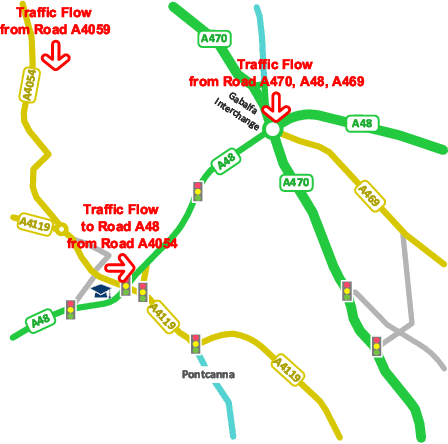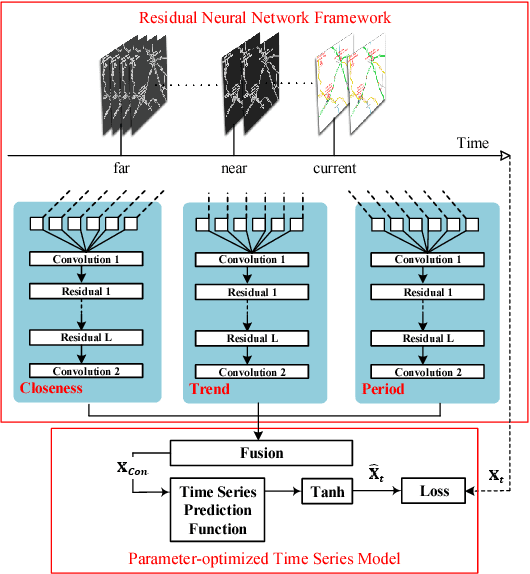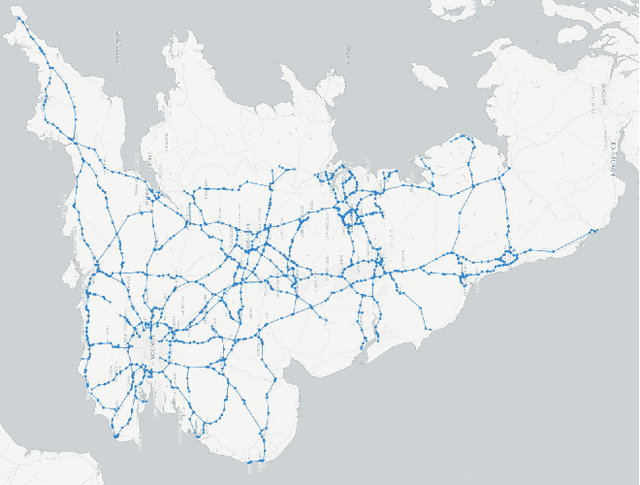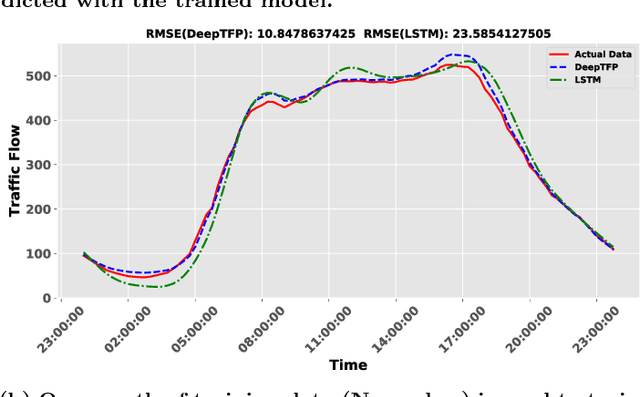DeepTFP: Mobile Time Series Data Analytics based Traffic Flow Prediction
Paper and Code
Oct 01, 2017



Traffic flow prediction is an important research issue to avoid traffic congestion in transportation systems. Traffic congestion avoiding can be achieved by knowing traffic flow and then conducting transportation planning. Achieving traffic flow prediction is challenging as the prediction is affected by many complex factors such as inter-region traffic, vehicles' relations, and sudden events. However, as the mobile data of vehicles has been widely collected by sensor-embedded devices in transportation systems, it is possible to predict the traffic flow by analysing mobile data. This study proposes a deep learning based prediction algorithm, DeepTFP, to collectively predict the traffic flow on each and every traffic road of a city. This algorithm uses three deep residual neural networks to model temporal closeness, period, and trend properties of traffic flow. Each residual neural network consists of a branch of residual convolutional units. DeepTFP aggregates the outputs of the three residual neural networks to optimize the parameters of a time series prediction model. Contrast experiments on mobile time series data from the transportation system of England demonstrate that the proposed DeepTFP outperforms the Long Short-Term Memory (LSTM) architecture based method in prediction accuracy.
 Add to Chrome
Add to Chrome Add to Firefox
Add to Firefox Add to Edge
Add to Edge